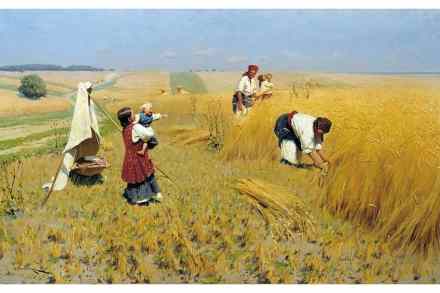A single meal in Rome is a lesson in Italian history
Farmer, restaurateur, critic, foodie activist, traveller (he’s worked in Zimbabwe as well as South Africa), cookery book writer, longtime TV presenter of New Scandinavian Cooking, food columnist for a couple of Norwegian papers as well as formerly for the Washington Post, Andreas Viestad’s belt has many notches. He lives between Oslo and Cape Town and for 25 years has been a regular visitor to Rome. His favourite restaurant there is La Carbonara, by the Campo de’ Fiori, and he has had the strikingly good idea of writing a foodie history of the world by examining a single meal eaten there. Early in the narrative we get a few lessons in



